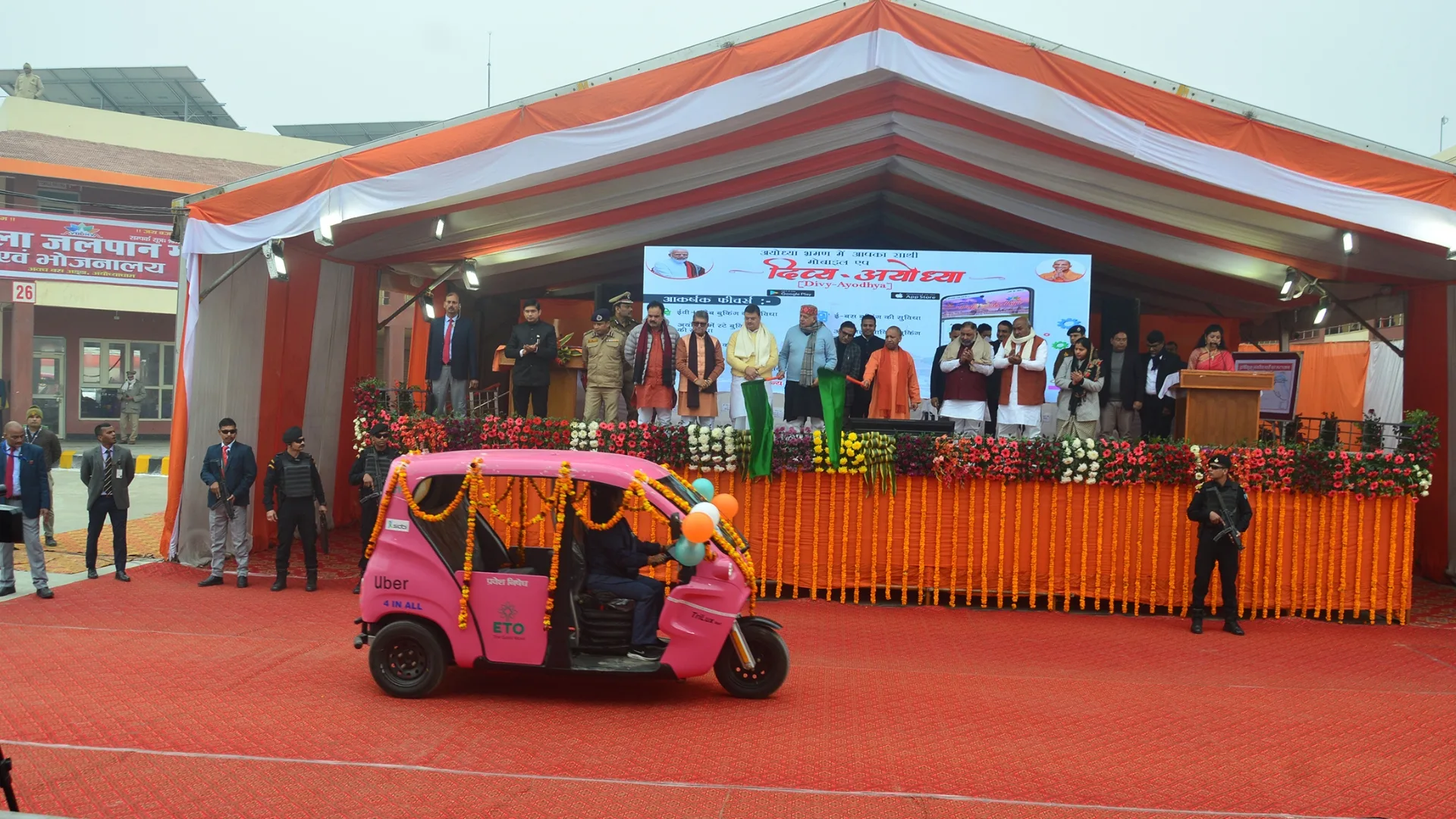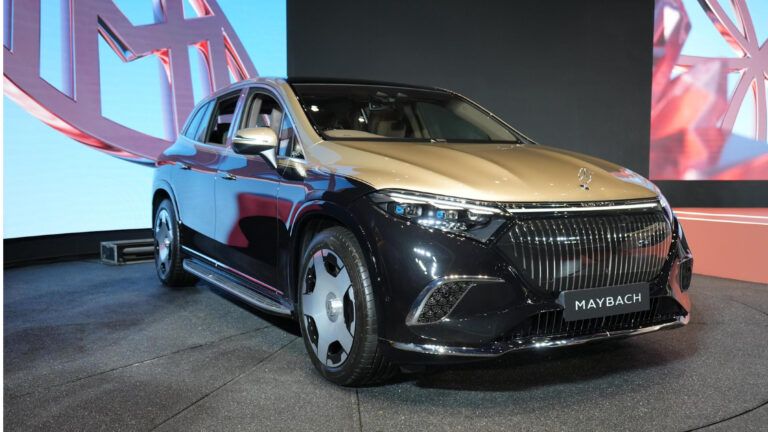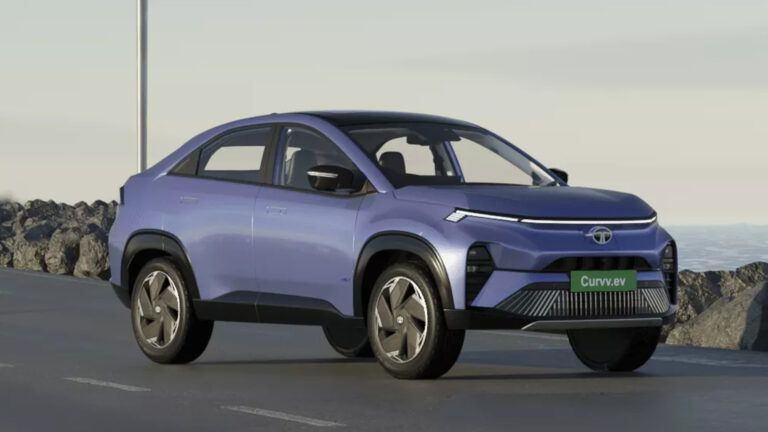ETO Motors, a notable player in the Indian electric mobility industry, has secured a big order from the Uttar Pradesh government. The firm now aims to deploy 500 electric three-wheelers in strategic spots around the state, with a special emphasis on Ayodhya. The Letter of Award (LOA) received by ETO Motors recently holds it responsible for coordinating and supervising the deployment of these environmentally friendly cars in cities like as Lucknow, Ayodhya, Varanasi, Prayagraj, Agra, Mathura, and Gorakhpur.
The Uttar Pradesh government’s decision to rely on ETO Motors for this deployment is consistent with the company’s commitment to sustainable transportation. The emphasis on Ayodhya, timed to coincide with the unveiling of the Ram Temple, is especially notable. The effort intends to make it easier for worshippers to reach the sacred location, marking a significant step forward in incorporating electric mobility in promoting cultural and religious activities.
Beyond this project, ETO Motors intends to cooperate with Uber to develop sustainable and efficient electric mobility solutions for urban transit. The alliance brings together ETO Motors’ experience in electric car technology with Uber’s enormous network and unique ride-sharing platform, to have a revolutionary influence on urban commuting.

ETO Motors Director Karthik S Ponnapula emphasized the importance of this action, saying, “Our e-three-wheelers are not just vehicles, but carriers of change, driving economic growth and social empowerment while upholding our commitment to environmental stewardship.”
Shiva Shailendran, Uber India and South Asia Director of Supply Operations expressed his delight about the agreement, adding, “We are happy to work with ETO Motors to deliver EV autorickshaws to the holy city of Ayodhya. As the city prepares to become a major tourist destination, we are committed to making the trip for visitors and locals as convenient as possible.”
This strategic decision not only demonstrates ETO Motors and Uber’s combined efforts in creating the future of urban transportation, but it also illustrates a larger trend of incorporating eco-friendly mobility solutions into India’s cultural and religious events. The proactive approach taken by the corporation to these activities demonstrates its commitment to environmental sustainability and social impact.








